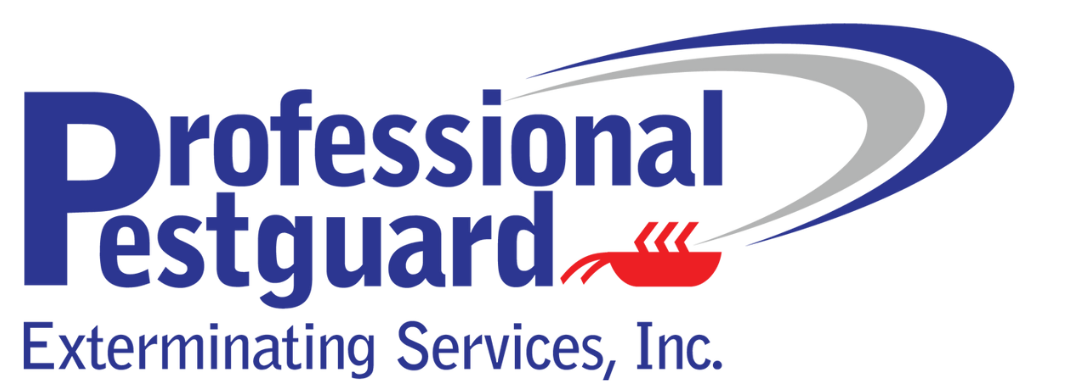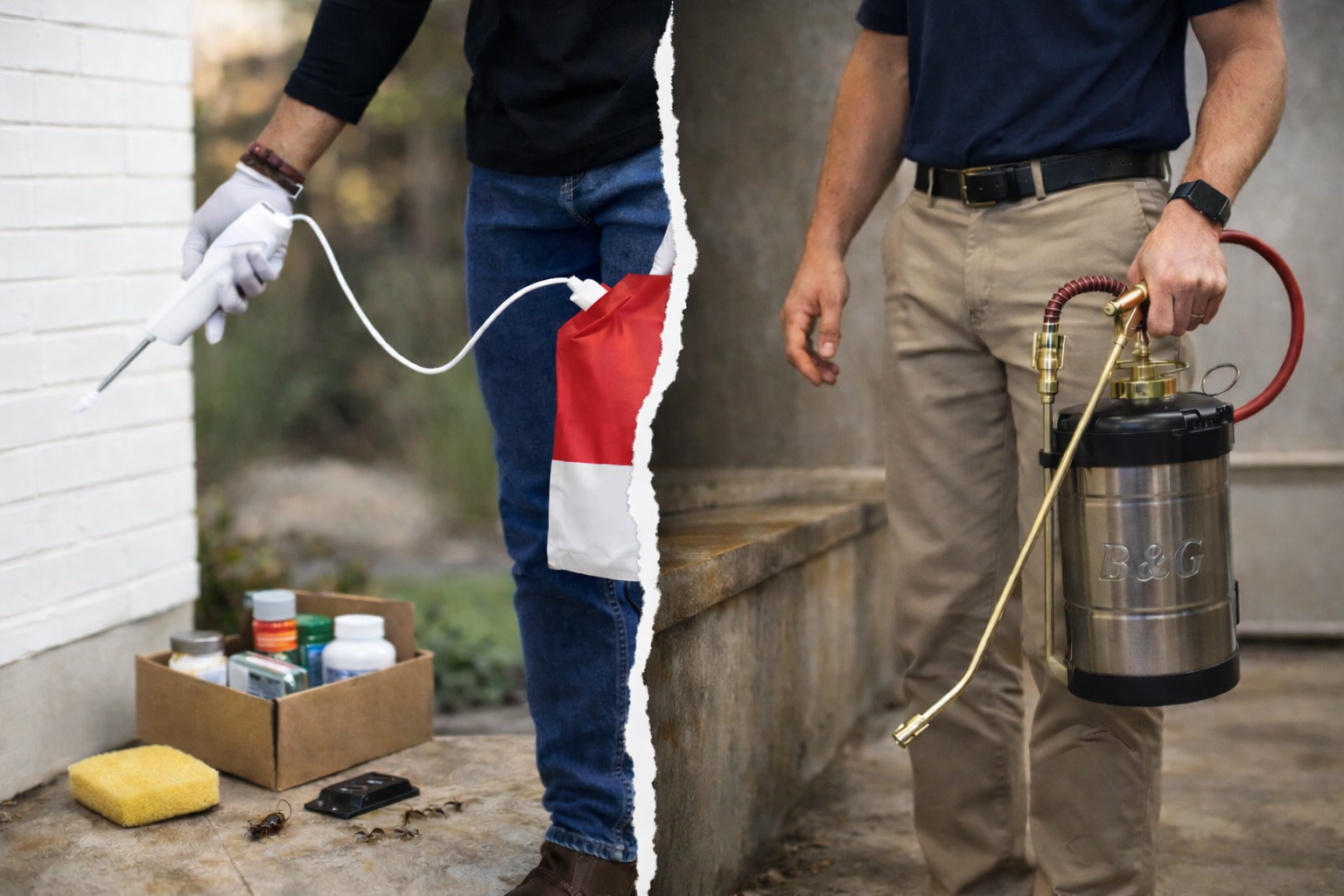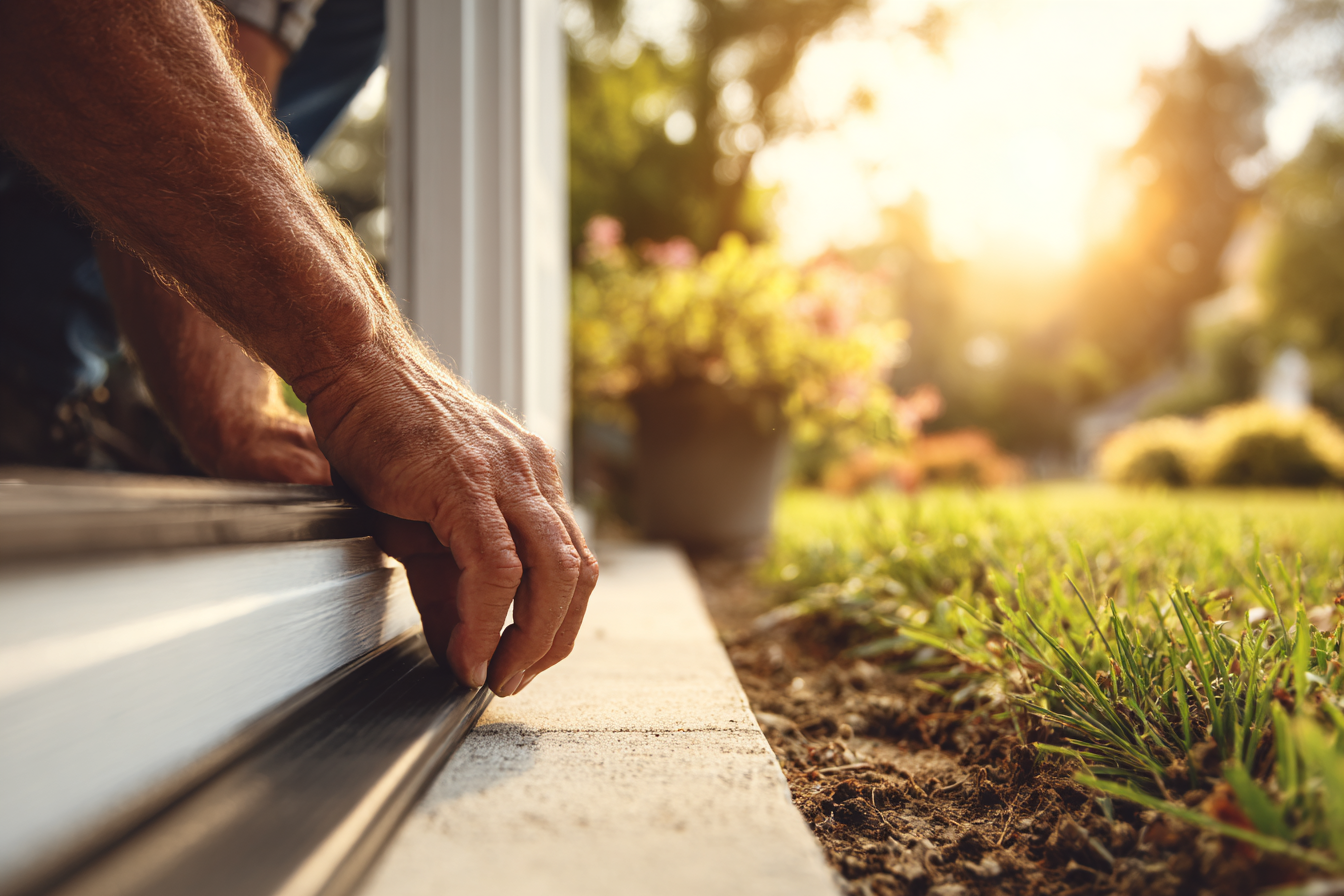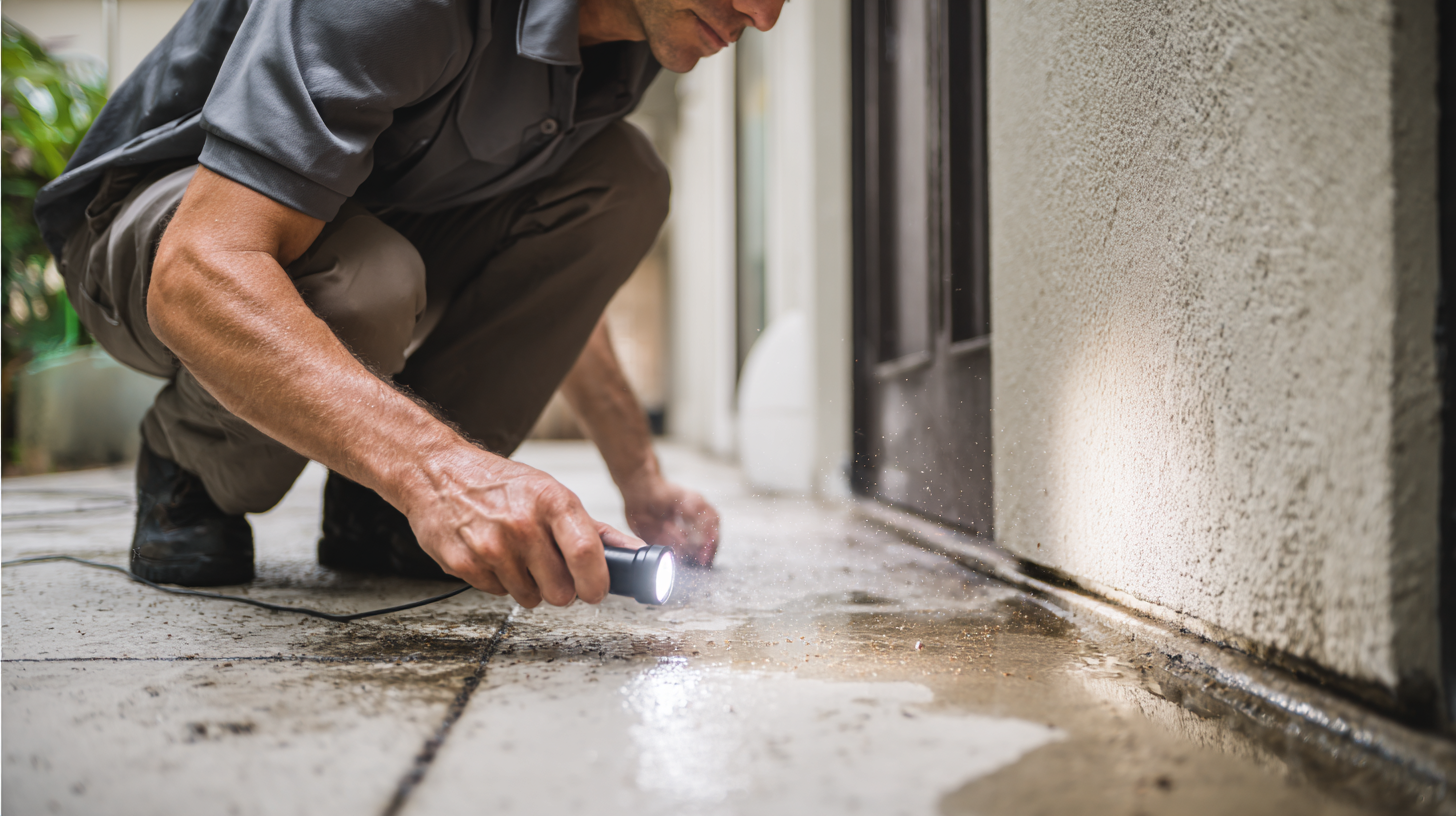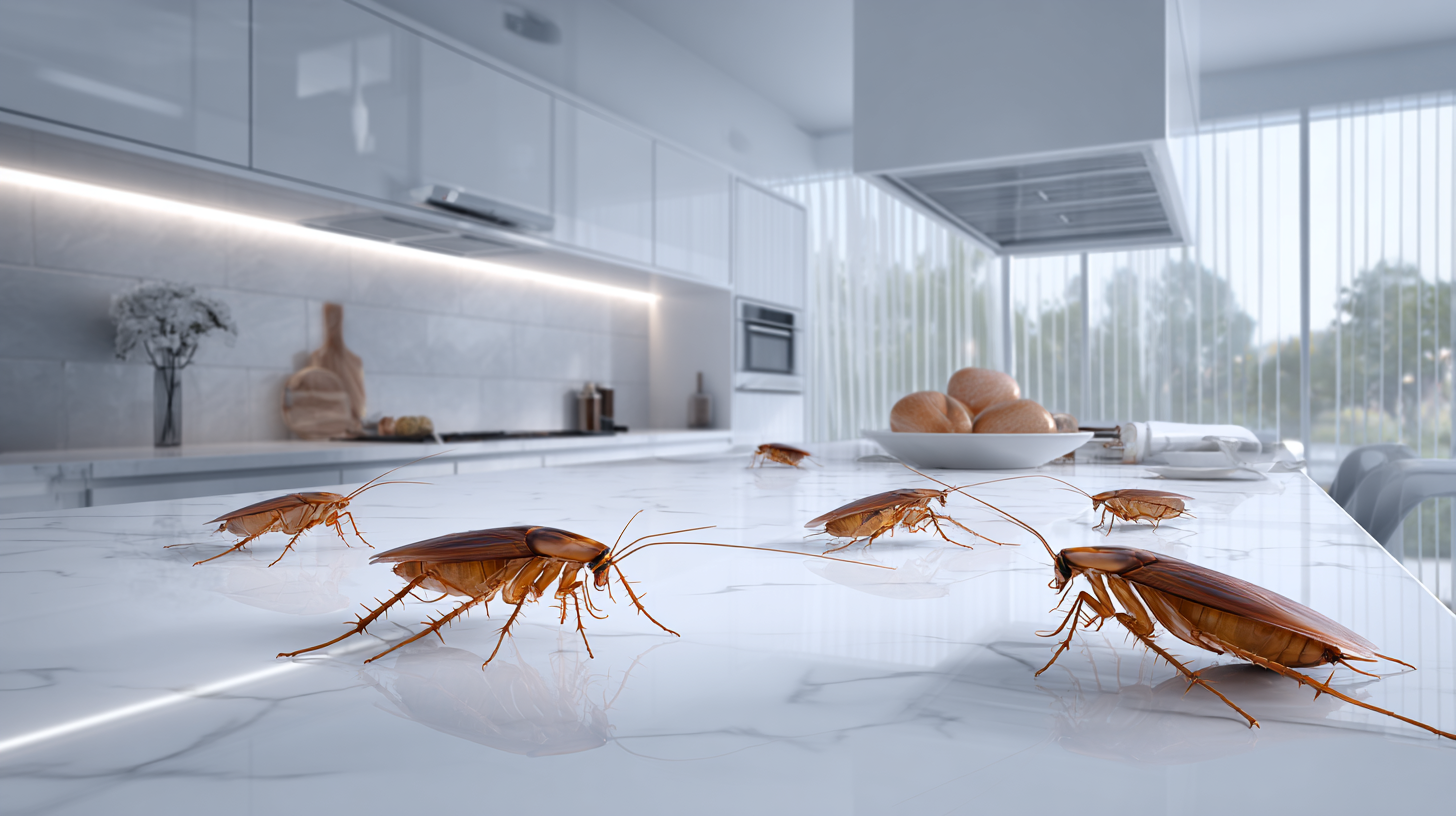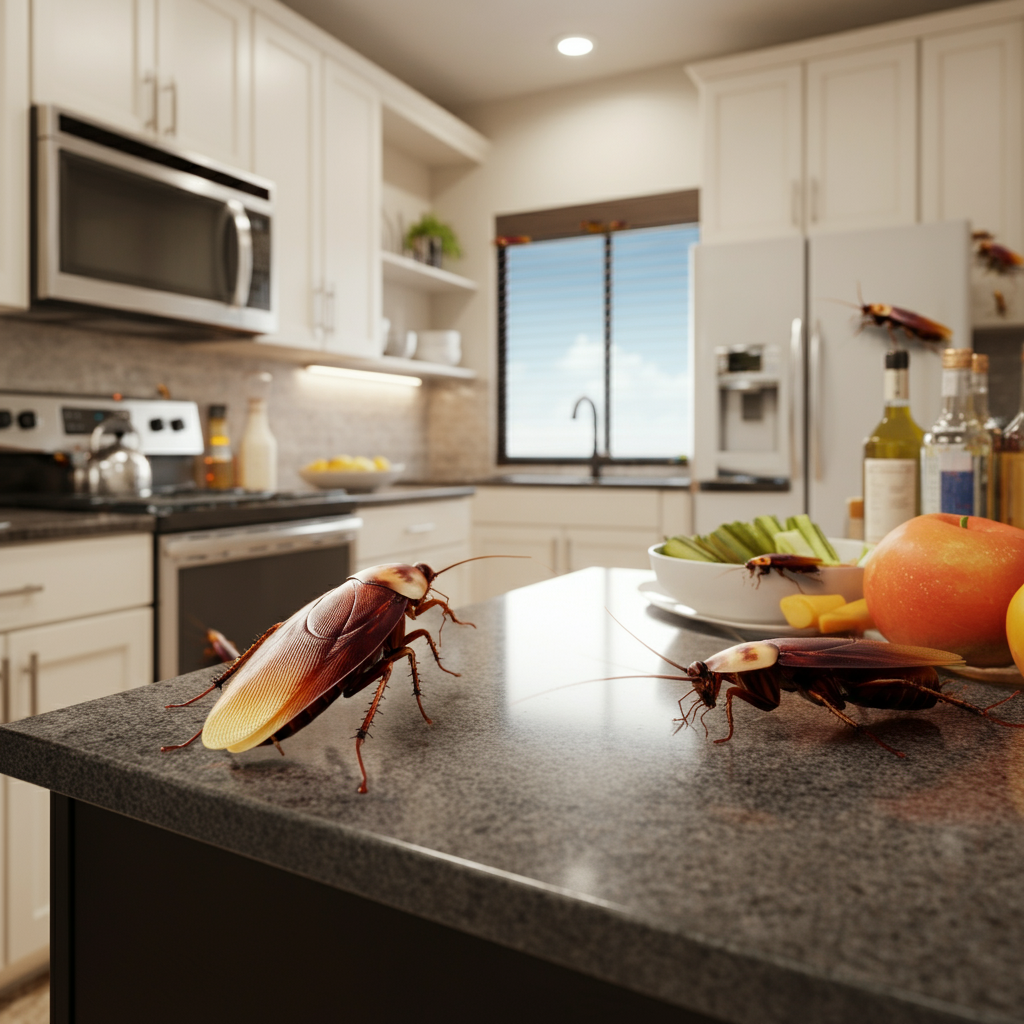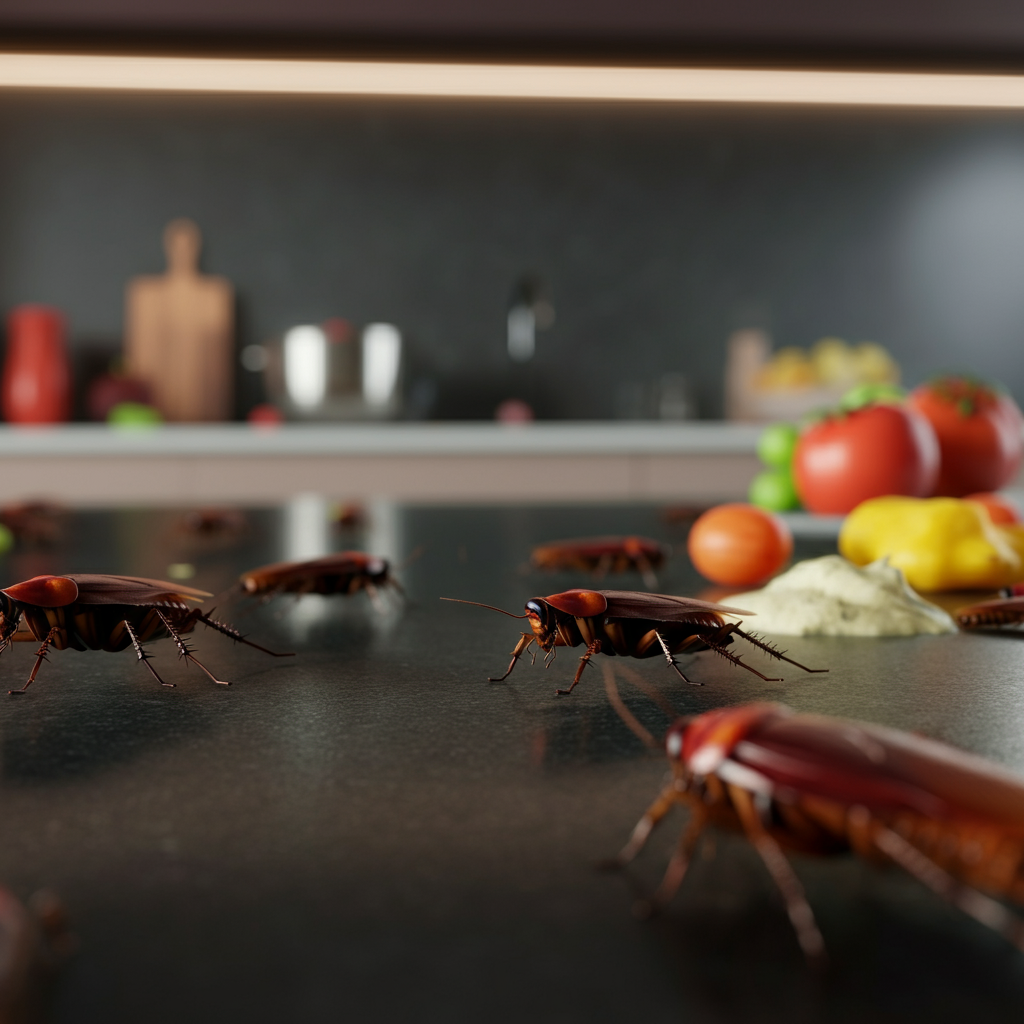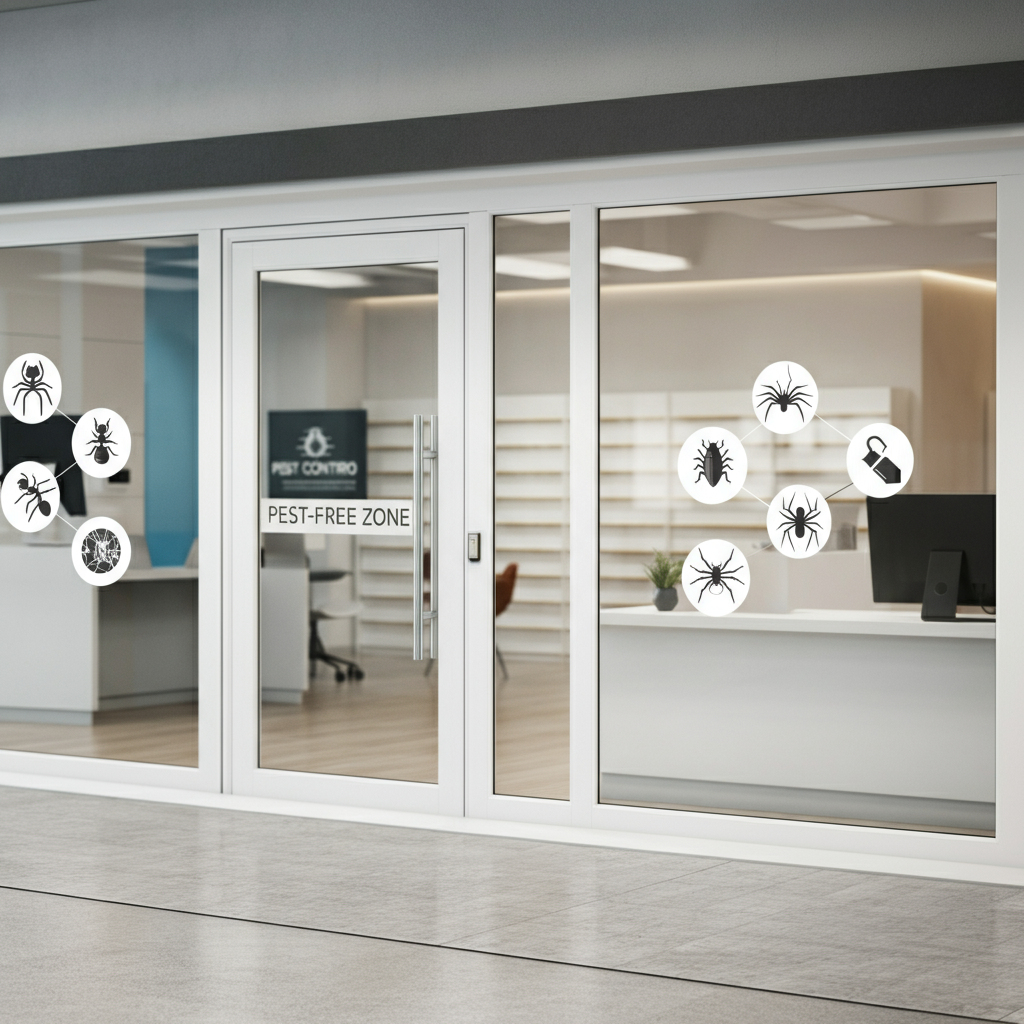The Ultimate Guide to Flea Control for Your Dog and Home
As a devoted dog owner, watching your furry friend scratch incessantly is heart-wrenching and might leave you feeling powerless. But fret no more! Welcome to the starting point of your journey to defeating those pesky parasites once and for all.
This Ultimate Guide to Flea Control for Your Dog and Home is designed to arm you with knowledge and strategies to protect your beloved pet and your living space from the relentless flea circus. Get ready to turn the tables and make your home a no-flea zone!
Understanding Fleas
Fleas are tiny, flightless parasites that survive by consuming the blood of their hosts. They are known for their remarkable jumping abilities and their rapid breeding cycle. A single flea can bite your dog hundreds of times a day, leading to discomfort, allergic reactions, and in severe cases, anemia.
Understanding the flea's life cycle is crucial for effective control, as it allows you to target not just the adult fleas but also their eggs, larvae, and pupae stages, which can lurk unseen in your home environment.
Signs of Flea Infestation
Spotting fleas early can save you and your pet from the itchy consequences down the line.
- Excessive Scratching or Licking: One of the earliest signs of a flea infestation is if your dog starts to scratch, lick, or bite their fur more than usual. Flea bites cause irritation and can lead to hair loss in severe cases.
- Red Patches or Hot Spots: These are inflamed areas on your dog's skin that can indicate bites from fleas. They are often a result of the dog's immune response to flea saliva and can become infected if not treated promptly.
- Flea Dirt: This term refers to the tiny, black specks commonly found in a dog's coat and sleeping areas. Flea dirt is actually flea feces that contain digested blood, and they turn red-brown when moistened.
- Visible Fleas or Flea Eggs: Adult fleas are small and dark, and while they can be hard to spot, they can often be seen moving through your pet's fur. Flea eggs, however, are tiny and white, making them more challenging to detect.
- Behavioral Changes: If your dog is infested with fleas, you might notice a change in their behavior. They can become more restless or agitated due to the constant itching and discomfort.
Preventative Measures
An ounce of prevention is worth a pound of cure, especially when it comes to pests.
- Regular Pet Treatment: Utilize monthly flea preventative treatments for your dog. These can include topical solutions, oral medications, or collars specifically designed to repel and kill fleas.
- Environmental Maintenance: Keep your home and yard clean. Regularly vacuuming carpets, furnishings, and pet bedding can help eliminate flea eggs and larvae. In the yard, keep the grass cut short and bushes trimmed to reduce the habitat fleas thrive in.
- Pest Control Services: Consider hiring a professional pest control service to treat your home and yard, especially if you’re dealing with a severe infestation. These services use specially formulated treatments that target fleas at every stage of their lifecycle.
- Regular Inspection and Cleaning of Pet Areas: Consistently check your dog’s favorite lounging spots for signs of fleas and clean these areas thoroughly. This includes washing pet bedding at a high temperature and vacuuming any furniture or crevices where fleas could hide.
Treating Flea Infestations
Sometimes, despite your best efforts, you find yourself dealing with an active flea infestation.
- Immediate Action: As soon as you detect a flea infestation, begin treatment immediately to prevent further reproduction and spread within your home.
- Consult a Veterinarian: Obtain professional advice for the best treatment suited to your dog as some may have specific health requirements or sensitivities.
- Bathing Your Dog: Give your dog a flea bath using shampoos formulated to kill fleas on contact. Be sure to follow the instructions carefully to ensure the safety and comfort of your pet.
- Comb Regularly: Use a fine-toothed flea comb to physically remove fleas and flea dirt from your dog's coat. This also helps in monitoring the effectiveness of the treatment.
- Launder Beddings and Fabric: Wash all pet bedding and household fabrics like throws and cushion covers in hot water to kill any remaining fleas or eggs.
- Repeat Treatments: Depending on the severity of the infestation, you may need to repeat treatments to catch any newly hatched fleas.
- Continued Vigilance: Keep an eye out for signs of fleas and repeat preventive measures regularly to ensure your home remains flea-free.
- Hire A Pest Control Company: If the infestation is severe, it may be best to hire a professional pest control company to eliminate the fleas from your home and yard. They have access to stronger treatments and can ensure that all stages of the flea lifecycle are targeted.
Dealing with Fleas in Your Home
When your home becomes infested, you have more to manage than just your pet’s health.
- Thorough Cleaning: Start with a deep clean of your entire house. Vacuum all floors, including any hardwood or tile, and don't forget to discard the vacuum bag or empty the canister outside immediately after.
- Steam Cleaning: For an even deeper clean, steam cleaning carpets and upholstery can kill fleas at all stages of their life cycle.
- Wash All Fabrics: Any fabric that can be washed should be — think curtains, bedding, and removable furniture covers. Use hot water and dry on high heat to kill any lingering fleas or eggs.
- Use Insect Growth Regulators (IGRs): Apply IGRs in your home to interrupt the life cycle of fleas by preventing them from developing into breeding adults.
- Seal Gaps: Limit potential entry points for fleas by sealing cracks in floors and baseboards and fixing any screens on windows and doors.
- Frequent Checks and Maintenance: Even after a full house treatment, continue to monitor your home regularly for any signs of a resurgence and maintain a routine cleaning schedule.
Preventing Future Infestations
Maintaining regular preventive measures is essential to keep fleas at bay.
- Year-Round Treatment: Implement year-round flea prevention in your pet care routine to avoid seasonal infestations.
- Educate Yourself and Family: Stay informed about flea control and educate all household members, including children, on the importance of regular pet inspections.
- Consult Regularly with Vets: Maintain communication with your veterinarian, staying up to date on the latest in flea treatment and prevention methods.
- Avoid Wildlife: Discourage wild animals that can carry fleas from coming near your home by securing trash cans and not leaving pet food outside.
- Check After Outings: After walks or trips to the park, inspect your dog for fleas, especially during warmer months when flea activity is at its peak.
- Cordon Off Areas: If possible, limit your dog's access to known flea-infested areas or untreated pets.
- Responsibility in Multi-Pet Homes: Treat all pets in the household, not just dogs, as fleas can easily spread between animals.
- Follow Instructions for Flea Products: Always adhere strictly to the application instructions on any flea prevention or treatment product. Overuse or misuse can be harmful to pets.
- Be Proactive, Not Reactive: Don't wait for a flea problem to emerge before acting. Proactive prevention maintains a comfortable and healthy environment for both you and your pets.
Conclusion
Flea control is an integral part of keeping your pet and household healthy. By taking the steps outlined in this guide, you should be able to keep these persistent pests at a distance. Regular care, prompt action, and a little knowledge go a long way in the fight against fleas. Your pet, and your peace of mind, deserve no less.
Remember to bookmark this guide for future reference, and never hesitate to reach out to a veterinarian if you're facing a flea problem. Tail-wagging, itch-free days are ahead!
About Us
Do you need top-notch, long-lasting commercial & residential pest control services for your business or residence in Weston, Florida and surrounding areas? Professional Pestguard is here for your assistance! We offer our customers reliable pest control solutions to help keep your commercial and residential properties safe and free from pests and other unwanted lawn issues.
To inquire about our professional rat exterminator services, call us at (954) 389-6107, send your concerns at 7862826767, or write to info@professionalpestguard.com.. For requesting a service, please fill out our form to Request Free Quote
